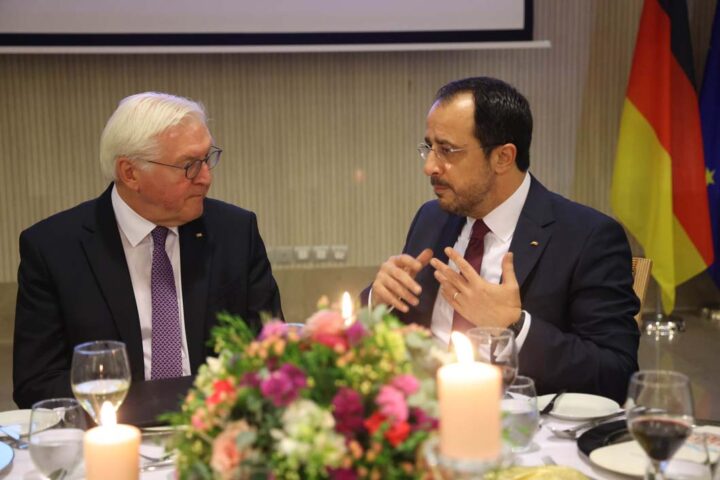Launched in 2019, the European Green Deal – a series of policies to make the EU climate neutral by 2050 – is well underway, though many fail to acknowledge that achieving its objectives requires access to large quantities of raw materials, especially those necessary for clean technologies.
To compound the challenge further, the Covid-pandemic and the disruption it caused to the global supply chain exposed Europe’s dependency on third countries for the raw materials the bloc needs to power its green transition.
The war in Ukraine is expected to make the situation even worse.
Over the past two years, the European Commission has increasingly turned its attention towards strengthening the sustainable and responsible domestic sourcing and processing of raw materials in the European Union.
In 2020, the Commission published an Action Plan on Critical Raw Materials, a List of Critical Raw Materials, and a foresight study on critical raw materials for strategic technologies and sectors from the 2030 and 2050 perspectives.
Later the same year, it also set up the European Raw Materials Alliance (ERMA), an organisation tasked with securing the EU’s raw material supply by identifying investment opportunities for sustainable and socially responsible access to raw materials from primary and secondary sources within the bloc.
A year later, the Commission sat down with the Raw Materials Supply Group (including Member States, regional authorities, industry associations, civil society, social partners, and research organisations) to develop a set of non-binding EU principles for sustainable raw materials.
EU principles for sustainable raw materials apply to the extraction and processing stages of non-energy raw materials and the entire minerals value chain lifecycle, from exploration to post-closure, and the production of secondary raw materials from extractive waste streams such as waste rocks and processing waste/tailings.
They are built upon existing EU legislation on sustainability and focus on social, ecological, and economic aspects and sustainable corporate governance.
The volatility of the global supply chain over the past year, caused initially by the pandemic and subsequently by the war in Ukraine, has proven that the EU can no longer depend on third countries for critical raw materials.
Public opinion
The new principles give the mining industry the tools to move forward with mining projects in Europe responsibly and sustainably.
While we are seeing some traction on the matter at the EU level, member states are still hesitant about opening new mines.
This is primarily due to how the public perceives mining.
However, the continent’s transition to a Green Economy will not succeed if Europe does not ensure uninterrupted access to critical raw materials.
Copper is needed for electricity grids; lithium, cobalt, nickel, and manganese are essential for batteries and electric vehicles.
Meanwhile, rare earth elements (REEs) are needed for permanent magnets in wind technologies.
China’s current de-facto monopoly in mining and processing critical minerals means that economic or geopolitical shocks can easily disrupt supply.
This issue is even more pressing if we consider that of the 30 raw materials the EU classifies as critical, 19 are predominantly imported from China.
And this dependency could increase even more in the future.
Europe needs to strengthen its strategic autonomy.
While enhancing supply security and diversifying imports is important, the EU must also step up its mining and processing activities.
For this to happen, policymakers and the mining industry need to address the public acceptance problem by having open and honest conversations with environmental groups and civil society organisations.
By Mark Rachovides, President of Euromines, Chair of Venus Minerals










